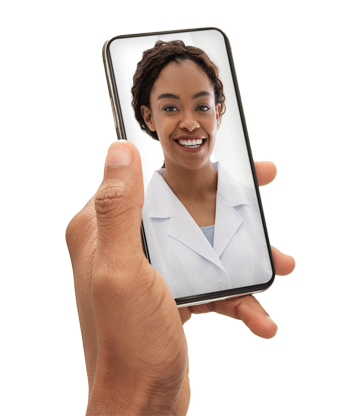Get Help Now
Emergency Contraception – “The Morning After Pill” / “Plan B®”
Emergency Contraceptive Pill (ECP) commonly known as the “Morning After Pill” or “Plan B®” is for women who may have had unprotected sex or had their birth control fail during sex within the past 72 hours and are concerned that they may become pregnant. This simple oral medication can greatly reduce their chance of pregnancy. This medication can also be prescribed in advance for those patients who wish to be prepared. ECPs are meant to be used as emergency contraception, and not for regular use. Some situations where this method would be appropriate include:
- If a condom breaks, slips, leaks, or falls off during intercourse
- If you diaphragm slips out of place during intercourse
- If you forgot to take your birth control pills
- If you had sex when you did not expect to and did not use any birth control during intercourse
- If you were forced to have sex
- If you had unprotected sex for any other reason
If you experience any of the above situations, your risk of becoming pregnant depends on which day in your menstrual cycle that you had sex. The days when you are most likely to get pregnant are right in the middle of your menstrual cycle–about 14 days after the start of your last period. If you have unprotected sex during these days, there is a high chance that you could get pregnant.
How does emergency contraception prevent pregnancy?
At FPA, we use Plan B® (a name brand of emergency contraception) which contains the same ingredient used in many birth control pills and it works in a similar way. Plan B® may prevent pregnancy by temporarily stopping the release of an egg from a woman’s ovary, or by preventing fertilization of an egg. It may also prevent a fertilized egg from attaching to the uterus. Plan B will not work if you are already pregnant. Plan B does not protect against sexually transmitted diseases. It should not be used in place of regular contraception. Correct and consistent use of regular contraception is more effective.
Is Plan B®/Emergency Contraception the same as the abortion pill?
Plan B®/ECPs are NOT the same as the abortion pill and it will not work if you’re already pregnant, or harm an existing pregnancy.
How long after sex can I take Plan B®?
Plan B® can be used within 72 hours (3 days) of having sex, but the sooner you take it, the better it works. This time period is very important – if you have had unprotected sex more than once since your last period, and at least one of those times was more than 5 days ago, you may already be pregnant. ECP will not work if you are already pregnant. Plan B® can be provided by FPA through a scheduled office visit. Upon arrival, you will complete a brief medical history and then be given a package of Plan B and you should take the pill as soon as possible. We recommend that you schedule an appointment for a complete gynecological exam, including a breast exam and a Pap Smear test, after your next period, if you have not done so in the past year.
How effective is Plan B® at preventing pregnancy?
Emergency contraception / “The Morning After Pill” can cut down the risk of pregnancy by about 80% if taken within 72 hours of unprotected sex. ECP can also be used for an additional 2 days, however the effectiveness rate declines with each passing day.
What are the Side Effects of taking Plan B®?
It is very common to have side effects when taking “the morning after pill.” Some common side effects are nausea and vomiting, breast soreness, a headache, dizziness, break-through-bleeding, bloating, abdominal pain, tiredness and menstrual irregularities. These side effects are not long-term and are not to be considered serious. Your next period may start a few days earlier or a few days later than usual.

Telehealth Services Available!
Many services available from the comfort of your home. Tap/Click for more!
